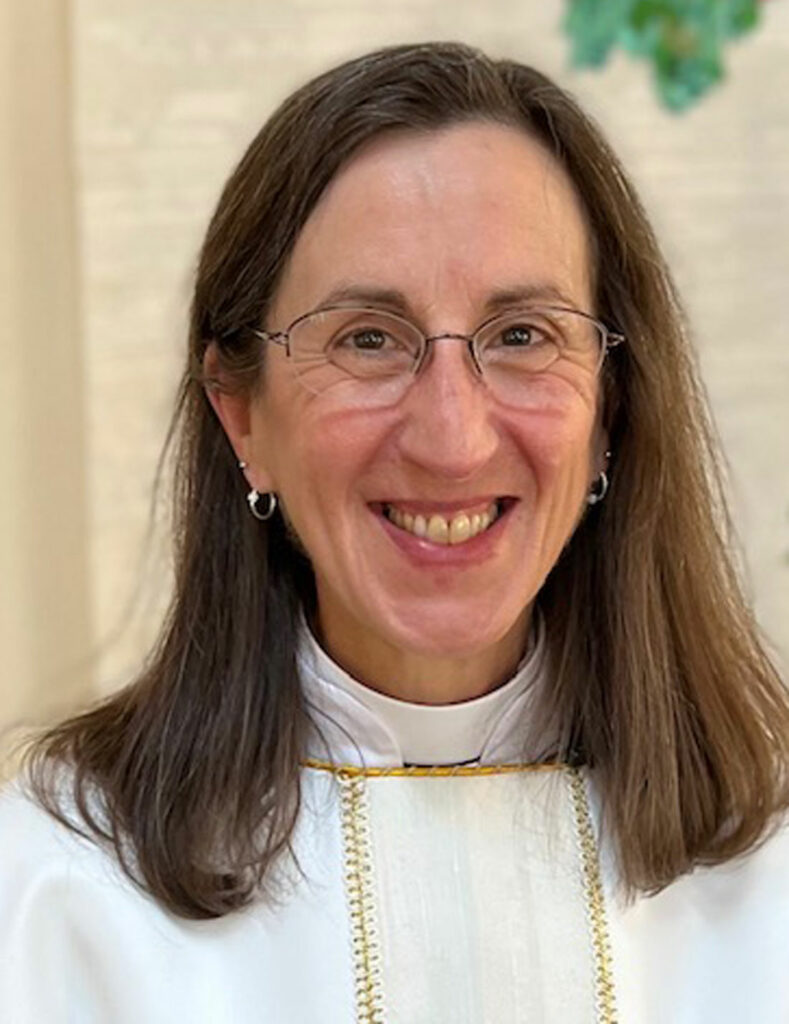I missed it, but it’s never too late to talk about Autism or ASD (Autism Spectrum Disorder). April is Autism Awareness month and I usually mention it in a sermon sometime in April.
Autism is particularly close to my heart because one of my adult children has autism. She is on the lower functioning end of the spectrum. She can say words but doesn’t string them together into sentences, so she doesn’t carry on a conversation.

I used to wonder a lot about her spirituality. What did she feel inside when she went to church with us? Does she have any concept of God at all? Should she take communion with the rest of the family? Back then, there wasn’t much literature on the topic and, what there was, addressed people on the higher functioning end of the spectrum.
Looking for more information, I attended a conference around 10 years ago in Toronto on the Theology of Disability. There was one speaker in particular who caught my attention.
I’ll never forget her. She was a 50ish year old woman in a very specialized wheelchair who came up on the stage to speak. She had no arms or legs. She emphasized that she had relied on someone else to take care of her everyday needs, like bathing and dressing, for her entire life.
She didn’t feel sorry for herself, nor did she feel like she was anything less than anyone else. She didn’t see herself as “broken.” The woman identified herself as a deeply spiritual, faithful, practicing, Christian.
Someone asked her how she could believe in a God that made her “that way.” She commented that she believed we are all made in God’s image and said, “Who’s to say God doesn’t look like me?” Maybe God doesn’t have arms and legs?
Wow. That’s not something I’d ever really given much thought to before. I left that conference thinking to myself, “Who’s to say she’s not right?”
It was a good reminder that we are all made in God’s image and that we can’t put boundaries around or know everything about God. We might be tempted to personify God as an old man with a white beard, but that limits a broader understanding of God that is beyond our knowing.
What would change if we opened our hearts and minds to images of God that stretch us? What if we let go of images, and just embraced the love of God for us and all people? What would the world be like if we lived in God’s love—loving other people, working for justice and peace, and choosing mercy and forgiveness?
It would surely be different than it is today!
As we all know, life is complicated. What we do and say and how we do it and say it matters. If we’re wondering whether our response to the chaos in our lives and the world is coming from God, all we need to do is look for love.
As the Presiding Bishop of The Episcopal Church said, “If it’s not about love, it’s not about God.” May the love of God lead us in our lives together.
The Reverend Karen Cuffie is Rector at St. John the Divine Episcopal Church in Morgan Hill and is an active participant in the Interfaith Clergy Alliance of South County. She can be contacted at [email protected].








